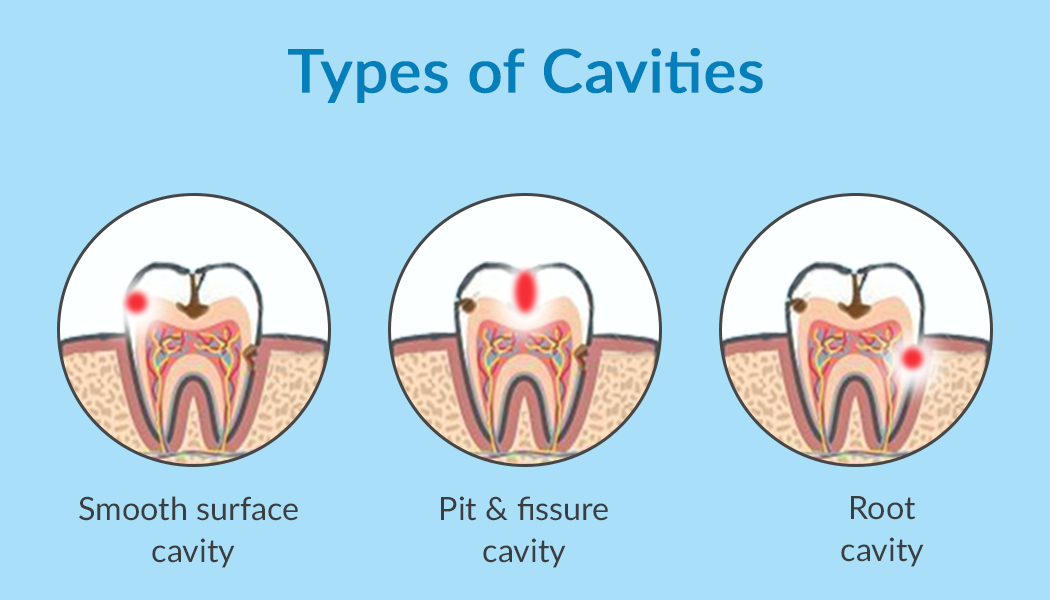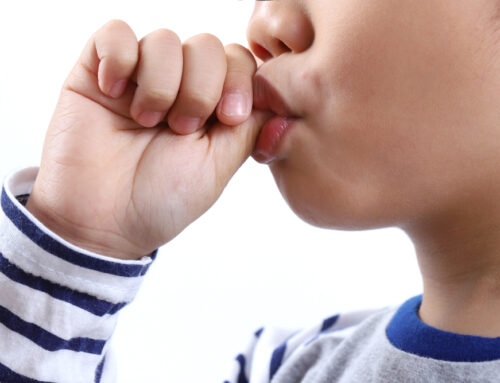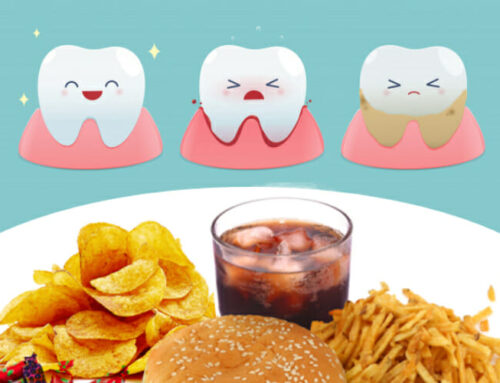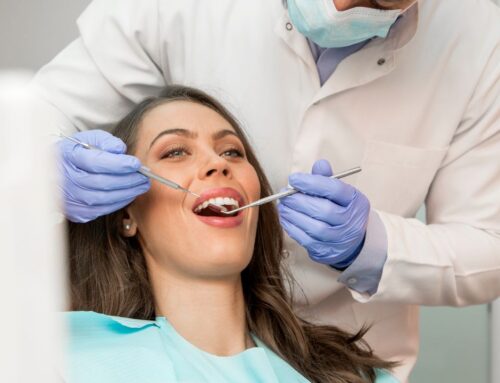
Cavities are the dental problem we hear most about, starting from a very young age. We learn that sugar causes cavities and proper dental care helps prevent tooth decay, but is that all there is to it?
Hint: It’s not.
Cavities and the reasons we get them go far beyond eating sugary foods. They are one of the most common dental problems we treat in our Harrisburg, NC dental office. The good news is, they are entirely preventable. Read on to learn about cavity myths and how to take better care of your teeth to avoid them in the first place.
Cavities are Caused by Sugary Foods and Drinks
Not exactly. The main reason sugary foods take the blame for cavities is because they produce the highest amount of acid production in the saliva. Starches and some dairy products have the same effect.
We all have bacteria that live in our mouths. When sugars are introduced, the bacteria begin to feast and produce acids that damage the tooth enamel. If managed in a timely manner, then there’s nothing to worry about. Regular brushing and flossing should mitigate the damage caused by the acid.
If the acid and remaining food particles are left for a prolonged amount of time, however the saliva, acid, and bacteria form plaque. Plaque eats away at the minerals in the teeth, and over time, a cavity will form.
Cavities are Not Reversible
Not so! If they are caught in the beginning stages, the tooth is capable of repairing the damage. However, once the tooth decay has penetrated through the enamel, there is no turning back.
Cavities are not easy to self-detect, so the best prevention methods are to visit your dentist twice annually, brush and floss every day, and use fluoride toothpaste or mouthwash.
You’ll Know if You Have a Cavity
As mentioned above, cavities are notoriously difficult to detect without a dental visit. The pain may stem from something as simple as sensitive teeth. Maybe it’s been a few days since you flossed and your gums are swollen, causing pain. Perhaps you brush your teeth too aggressively. There are a number of issues that could be causing the pain in your mouth.
The only way to determine for sure if you have a cavity is at the dentist, where you’ll have x-rays taken to be certain.
If you are experiencing severe pain, it’s likely that you’re well beyond the need for a simple filling, and may be facing something like a root canal or gum disease.
Kids Get Cavities More often Than Adults
While children certainly are more susceptible to cavities than adults, there has actually been a decrease in the number of cases over the years. This is thanks in part to fluoridated water supplies in many municipalities across the US and also to an increase in concerns over food choices.
Senior adults have been seeing a rise in cavities, mainly because of the medications they take, many of which can cause dry mouth. A decreased production of saliva to wash away bacteria, disinfect, neutralize acids, and clear food away means an increase in cavities.
Fillings Last Forever
The amount of time a filling lasts depends on your personal oral care routine. Those who take good care of their teeth and gums, brush twice daily and floss at least once per day, and limit sticky, sugary foods will see their filings last a long time, decades, even.
However, those who do not practice good oral hygiene will see themselves in the chair to replace their fillings more frequently.
Once You Have a Filling, that Tooth Can Never Have a Cavity Again
Fillings wear down over time, as discussed above. When not managed properly (aka, during regular dental visits), they will require replacement at some point. Because the tooth is already damaged, a worn filling will not continue to protect the tooth, rather the tooth becomes more prone to cavities.
Snacking throughout the Day Reduces the Risk of Cavities
The thought makes sense in some ways. More eating or drinking means more saliva production in your mouth, however, constantly introducing sugars and carbohydrates into the environment means a party for the bacteria.
Teeth need a chance to recover and establish balance after eating. Frequent exposure to sugars causes increased acid production. Healthy snacks, like fruits and vegetables, are perfectly fine. These actually help clean your teeth.
If you’re going to snack, reach for these rather than the chips or cookies. This goes for sodas and juices, too! Drinking water after eating and in between meals also helps wash away leftover food particles.
If you are a frequent snacker and trying to break the habit, try chewing on a piece of sugar-free gum in between eating. This will help stimulate saliva production and clean away some of the sugars and leftover food from the chewing surfaces.
Babies Can Get Cavities
Yes, even babies are at risk for tooth decay. Infants who consume formula, milk, juice or other sweetened beverages before bedtime are more likely to see oral damage by what is known as baby bottle tooth decay. When these beverages are the last thing they consume prior to sleep, the residual sugars cling to their teeth, while the bacteria feeds away causing decay.
Let us help you reduce your risk of cavities. Call the friendly staff at Icard & Strein Family Dentistry at 704.659.5036 to schedule an appointment today.
Our Harrisburg NC Dentist Office
To learn more about dental treatments from Icard & Strein Family Dentistry, or to schedule an appointment, call our Harrisburg, NC dental office today at 704.455.5003.



